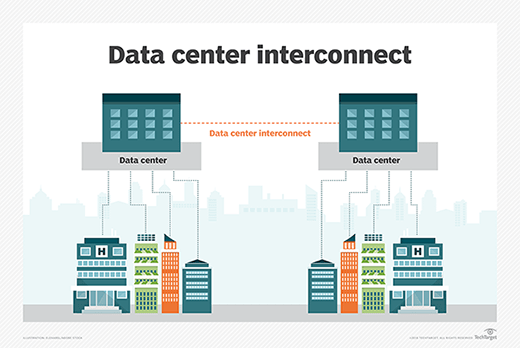What is Fuzzy Matching?

Fuzzy matching refers to a technique used in computer science and data analytics to match and compare strings or pieces of text that are similar but not exact. It is a process of identifying similar patterns or relationships when comparing two pieces of data. This article will explain what fuzzy matching is and how it works.
Fuzzy matching is used when we need to compare two sets of data that may not have a precise match. In other words, fuzzy matching methods look for similarities rather than exact matches. It is especially useful when dealing with large datasets that may contain errors or inconsistencies.
The concept of fuzzy matching is based on the Levenshtein distance, which is a mathematical measure of the difference between two strings. The Levenshtein distance is the minimum number of edits needed to transform one string into another. The edits can be additions, deletions, or substitutions of individual characters.
Fuzzy matching algorithms calculate the Levenshtein distance between two strings and return a similarity score. This score is based on how many edits were needed to match the two strings. The score ranges from zero to one, with zero indicating no match and one representing a perfect match.
There are many applications of fuzzy matching. One common use case is in data deduplication, where it is used to identify records that refer to the same entity in a database. For example, a customer may have entered their name differently on two different occasions, and fuzzy matching can identify that these records refer to the same person.
Another common use case for fuzzy matching is in search algorithms. When a user enters a search query, the search engine may use fuzzy matching to return results that are similar to the search query but not necessarily an exact match. This is useful for returning results that may be relevant even if they don’t exactly match the user’s search terms.
Fuzzy matching algorithms have their limitations. They may incorrectly match data that is not a close match, depending on the algorithm’s sensitivity threshold. Also, fuzzy matching algorithms may require significant computational resources when dealing with large datasets.
In conclusion, fuzzy matching is an essential tool in data analytics and computer science. It allows us to compare and match data even when there are slight variations, errors, or inconsistencies. Fuzzy matching algorithms are widely used in many applications, such as data deduplication and search engines, and they help improve the accuracy and relevancy of the results.




